Hopscotch Fun. Honeykid a Sourpuss. News at 11!
Last edited by linespalsy; 04-26-12 at 10:56 AM.

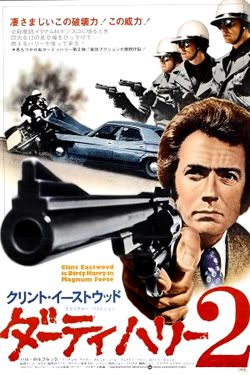
|
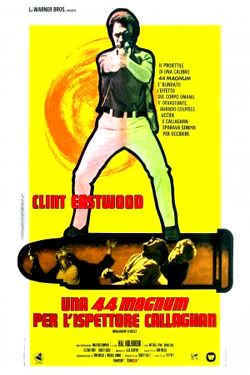
|




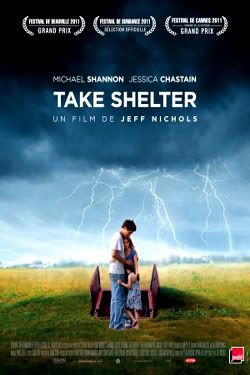
|

|

 Nice to be appreciated
Nice to be appreciated a great review I can't remember how many times I have watched it but never tire of it
a great review I can't remember how many times I have watched it but never tire of it 
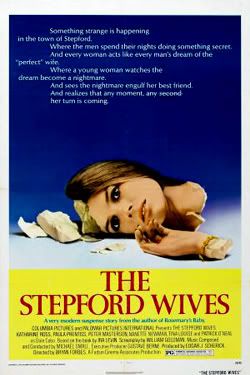
|
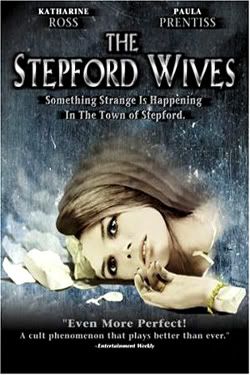
|


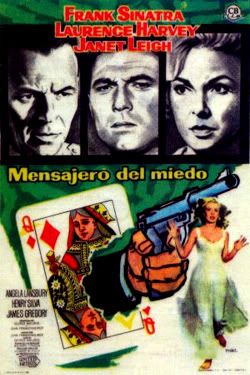
|
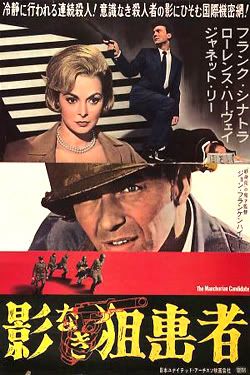
|
 One reason for its inclusion is that I have fancied it for a while, however there was one other big reason. Honeykid and Mark f seem to butt heads on quite a number of films; this is a film that made both of their top 100 lists. Something pretty special surely then? While it perhaps didn't live up to that level for me, I still found it to be an extremely good film.
One reason for its inclusion is that I have fancied it for a while, however there was one other big reason. Honeykid and Mark f seem to butt heads on quite a number of films; this is a film that made both of their top 100 lists. Something pretty special surely then? While it perhaps didn't live up to that level for me, I still found it to be an extremely good film.|
|